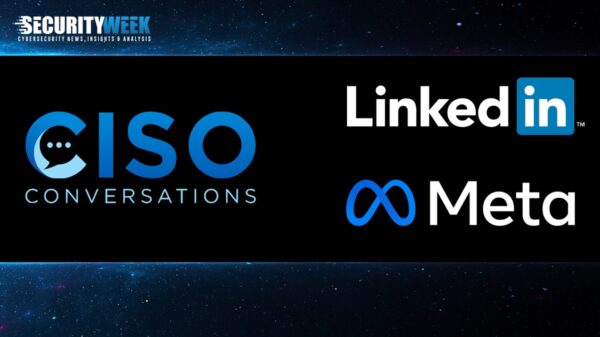Meta is rolling out end-to-end encryption for calls and messages across its Facebook and Messenger platforms, the company announced Thursday.
Such encryption means that no one other than the sender and the recipient — not even Meta — can decipher people’s messages. Encrypted chats, first introduced as an optional feature in Messenger in 2016, will now be the standard for all users going forward, according to Messenger head Loredana Crisan.
“This has taken years to deliver because we’ve taken our time to get this right,” Crisan wrote in a blog post. “Our engineers, cryptographers, designers, policy experts and product managers have worked tirelessly to rebuild Messenger features from the ground up.”
Meta CEO Mark Zuckerberg promised, back in 2019, to bring end-to-end encryption to its platforms after the social media company suffered a string of high profile scandals, notably when Cambridge Analytica accessed user data on Facebook. Privacy advocates again shined a spotlight on Meta after Nebraska investigators reviewed private Facebook messages while investigating an abortion that violated a state 20-week ban.
Meta, whose WhatsApp platform already encrypts messages, said the feature can help keep users safe from hackers, fraudsters and criminals.
Meanwhile, encryption critics, law enforcement and even a Meta report released in 2022 note the risks of enhanced encryption, including users who could abuse the privacy feature to sexually exploit children, facilitate human trafficking and spread hate speech.
“What will Meta’s bosses say to children who have suffered sexual abuse, whose trauma will be compounded by their decision not to preserve their privacy? How will they justify turning a blind eye to this illegal and harmful content being spread via their platforms?” said Internet Watch Foundation chief executive Susie Hargreaves. “The company has a strong track record in detecting large amounts of child sexual abuse material before it appears on its platforms. We urge Meta to continue this vital protection.”
The new features will be available immediately, but Crisan wrote that it would take some time for the privacy feature to be rolled out to all of its users.
